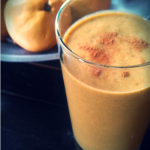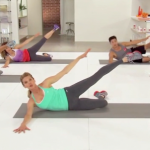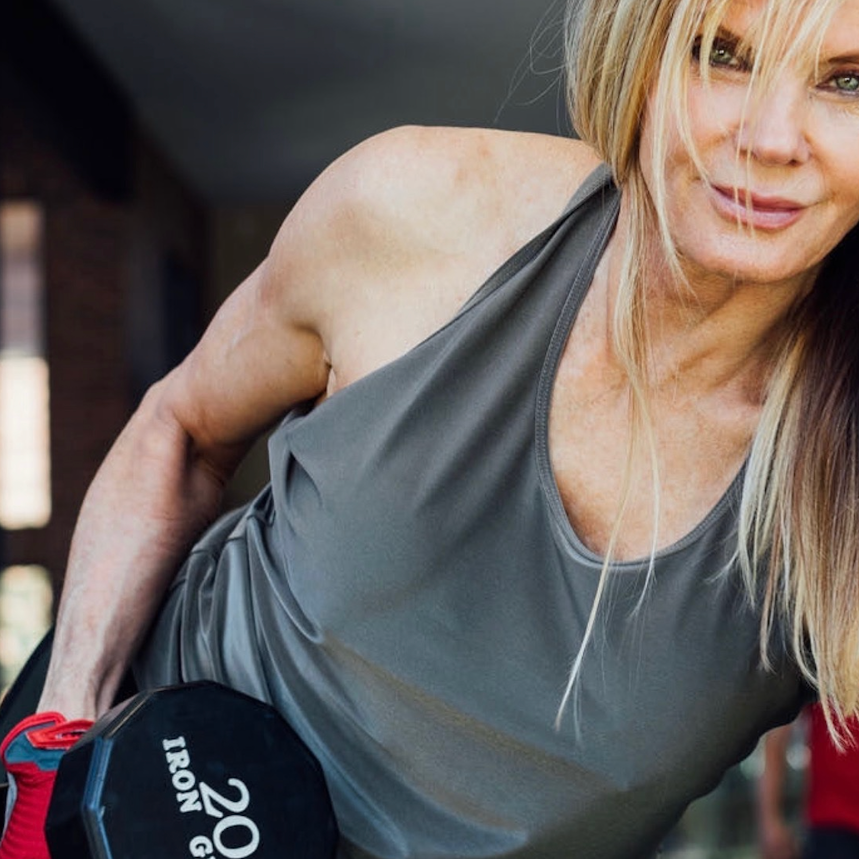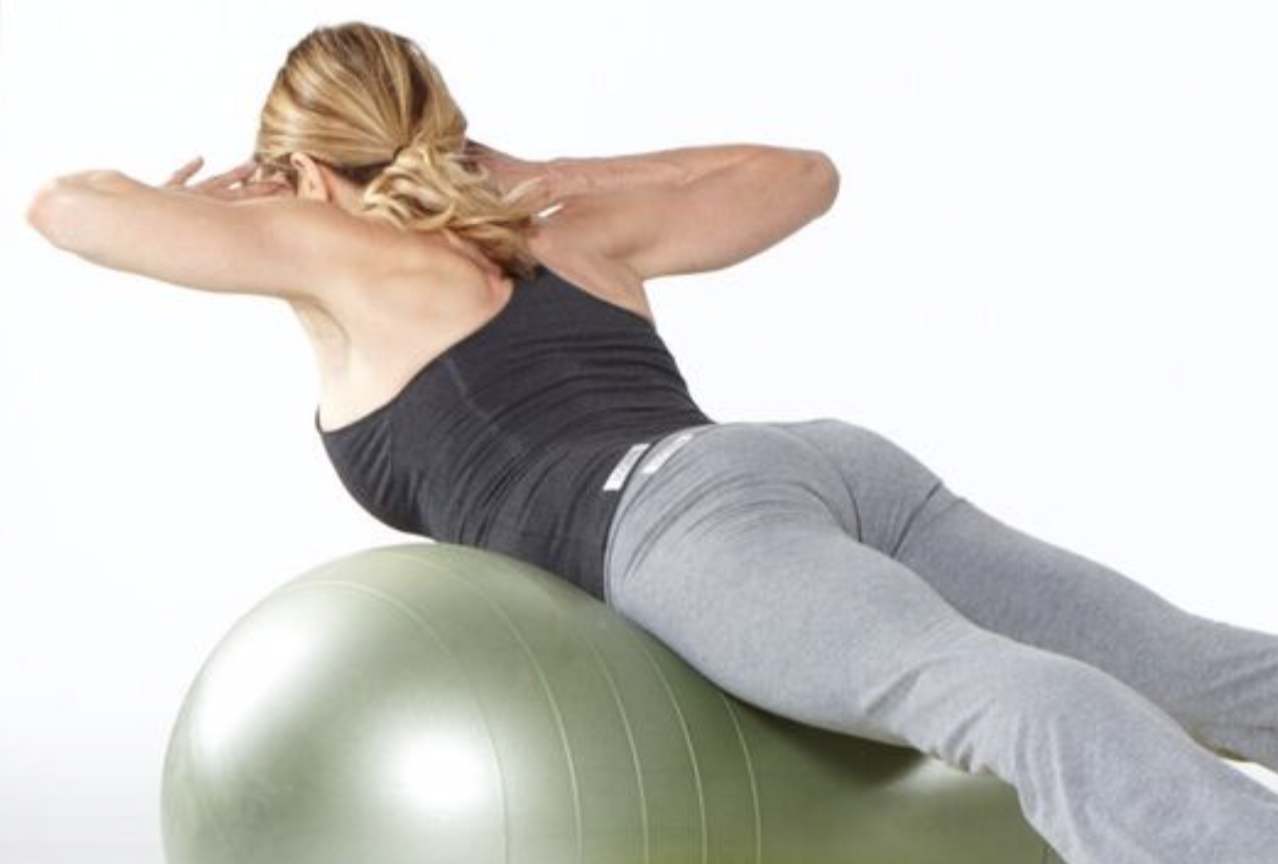(DID YOU KNOW that you can burn 300 calories in one 20-minute kettlebell workout? Plus, kettlebell purchases come with FREE SHIPPING? Click here to pick out your set!)
Q: I’m too tired to workout! Can I just skip my exercise routine today?
KS: Remember, for most people, the first five minutes is always the hardest! On the other hand, fatigue might indicate overtraining or a compromised immune system. That’s why I suggest the Ten-Minute Test. On those days when you want to work out, but you think you might be feeling sleepy or sluggish,simply start your workout and give it all you’ve got for ten minutes. Then check in with your body: Are you feeling better or worse from the exercise? If you can’t honestly say you’re feeling better, stop. Your body probably needs a day off. But don’t skip your workout just because you’re tired.
Once you get the circulation going and the heart beating faster, the body takes over. It is like the law of inertia: A body in action tends to stay in motion. A little sugar also can be a helpful jumpstart. Try chewing a piece of gum, then take some deep breaths and think about how wonderful you will feel after working out.
Q: I know you mix things up when it comes to exercise and love outdoor fitness, but what’s your favorite workout ever?
 KS: I often joke that that’s like asking me to choose my favorite child –it feels impossible to answer! I love all types of movement, from running to strength training, yoga to Pilates, spinning to TRX, dancing to snow skiing. But hiking does have a special place in my heart. It’s why I moved to Park City, Utah – the breathtaking mountains here have given me the opportunity to combine my loves of exercise and the outdoors.
KS: I often joke that that’s like asking me to choose my favorite child –it feels impossible to answer! I love all types of movement, from running to strength training, yoga to Pilates, spinning to TRX, dancing to snow skiing. But hiking does have a special place in my heart. It’s why I moved to Park City, Utah – the breathtaking mountains here have given me the opportunity to combine my loves of exercise and the outdoors.
Q: I’m a woman over 40…what’s the most important thing to know about fitness?
A: When I shot my first video, I described the pillars of fitness – strength, flexibility/balance, and endurance. It’s amazing to think that after all these years, when so much has changed, these three elements are still the foundation for a healthy lifestyle. Many women put their exercise emphasis on flexibility and endurance. But as you age, the pillar of strength training becomes increasingly important. So that’s the big one: Don’t shy away from resistance training. Secondly, find a way to move your body throughout the day, rather than just during a designated exercise period. And third, make it social: Taking a class or going for a hike with friends keeps you motivated, and reminds you of the often-overlooked fun factor.
Q: What do you eat before you workout?
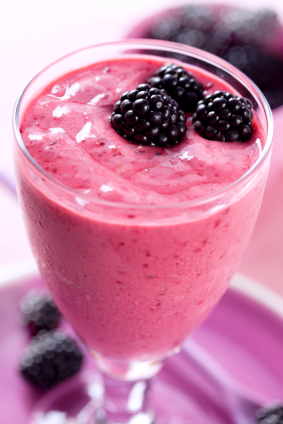 A: A pre-workout shake: 8 ounces of unsweetened almond milk, Nanogreens, protein powder (I alternate between vegan and whey), frozen mixed berries, and a swirl of flaxseed and fish oils.
A: A pre-workout shake: 8 ounces of unsweetened almond milk, Nanogreens, protein powder (I alternate between vegan and whey), frozen mixed berries, and a swirl of flaxseed and fish oils.
Q: I’ve been hearing a lot about intermittent fasting. What’s your opinion on it?
KS: First of all, intermittent fasting is the process of regularly allowing your body to go many hours (up to 13) without food. The fundamental concept behind intermittent fasting is that fasting speeds autophagy (the process where your body accelerates the speed of clean-up of waste from dead and damaged cells). In turn, this helps diminish the risk of chronic diseases, especially those associated with aging.
If you want to test it out and see how it feels, start slowly. Try skipping breakfast two days this week, and have your first meal around 11:00 am. Another option is eat breakfast but skip dinner, having your last meal around 5:00.
To maintain a sustainable diet while still practicing intermittent fasting, eat every three to four hours. Eating smaller meals during the day with snacks will keep you satisfied, increase your metabolic rate, preserve lean muscle mass, and keep your moods consistent.
Dr. Andrew Weil says, “I do think the evidence for the health benefits of IF [Intermittent fasting] should make us rethink what seems to be a modern cultural imperative: to avoid hunger at all costs. To the contrary, getting hungry now and then is clearly a healthy thing to do as long as overall caloric intake stays high enough to maintain a healthy weight. (Fasting, like every other healthy activity, must be done sensibly and in moderation.) Many people who follow IF regimes report both physical and mental benefits, including improved energy and concentration, better sleep, and an overall feeling of well-being.”
Your intermittent fasting meal plan would look as follows:
11 am – Breakfast
1 pm – Lunch
4 pm – Snack
7 pm – Dinner
7 pm – 11 am – Intermittent fasting period
Intermittent fasting isn’t for everyone. Diabetics, children under 18 and pregnant or lactating women should avoid IF.


